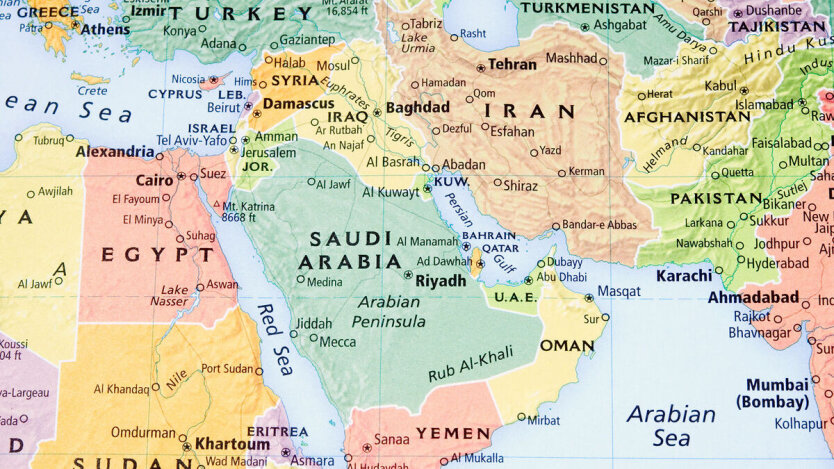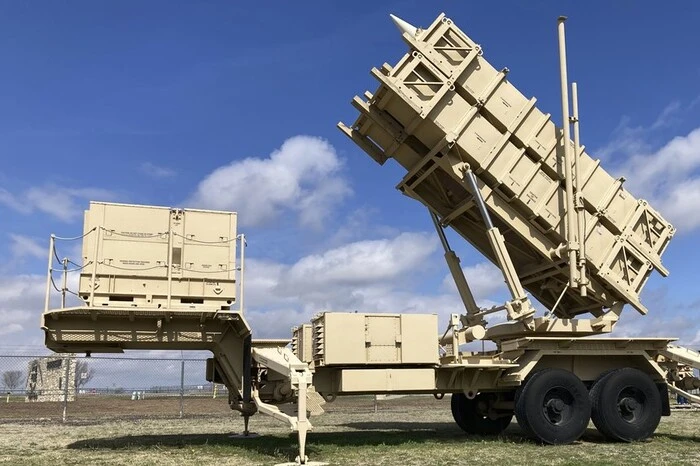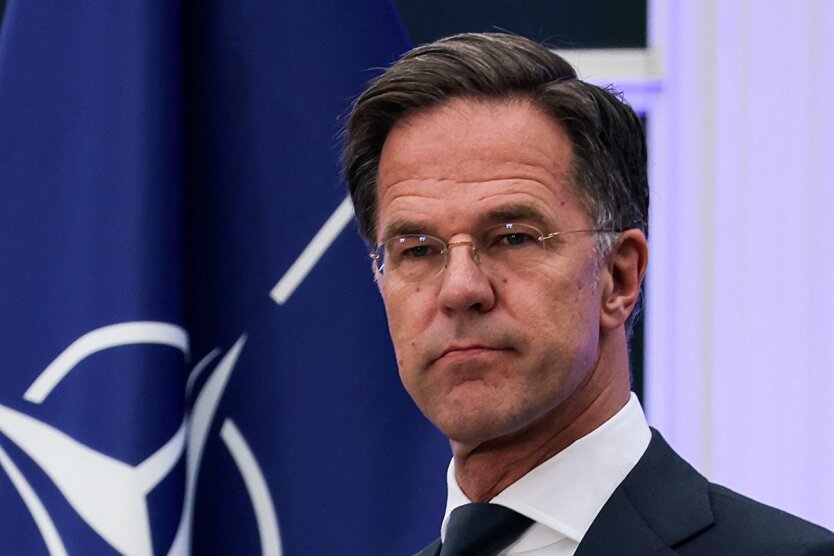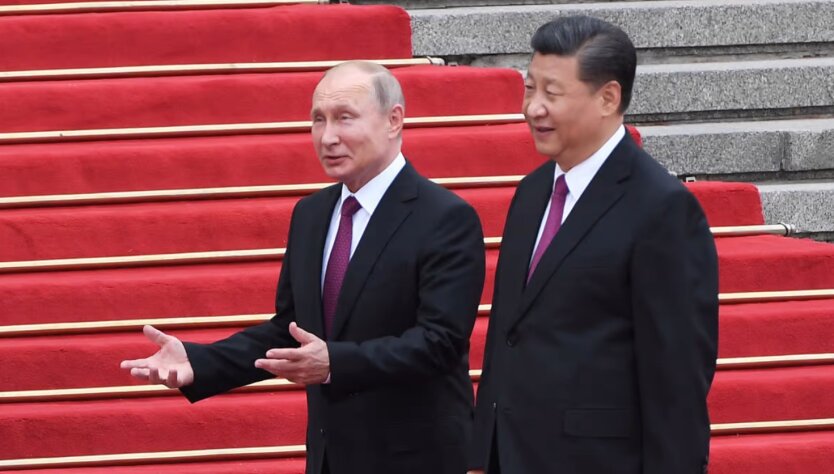Biden's Policy to Prevent Escalation in the Middle East Led to the Opposite Effect — WSJ.


According to Walter Russell Mead, columnist for The Wall Street Journal, representatives of U.S. President Joe Biden are urging all sides in the Middle East to calm down and reduce violence levels. But their calls are not finding a response. Nevertheless, the Biden administration continues to do everything possible to prevent further expansion of the war.
The columnist notes that Biden has failed to engage Iran in a nuclear deal with the U.S., launch a new Israeli-Palestinian dialogue, stop the civil war in Sudan, compel Saudi Arabia to establish diplomatic relations with Israel, and regulate the war in Yemen. All these attempts have been unsuccessful.
For almost a year, Biden's team has tried to achieve a ceasefire between Israel and Hamas through diplomatic efforts. The administration has welcomed progress but acknowledged that the chances of securing a deal are slim.
The columnist concludes that the Biden administration seeks to continue its influence in the Middle East while reducing its presence. However, he emphasizes that the conflicts Biden hates are a consequence of his policy. The reduction of U.S. influence as they withdraw from the region leads to the spread of conflicts.
Source: ZN.UA
Read also
- A British Colonel Explained Which Country Has the Best Air Defense System in the World
- It's not about a summons: Rutte points out Europe's weak spot in the confrontation with Russia
- Already the sixteenth: Ukraine will again extend martial law and mobilization until November
- Rutte voiced the scenario of a simultaneous NATO war with China and Russia
- Frontline situation as of July 5, 2025. Summary of the General Staff
- Are there battles in Dnipropetrovsk region? The Armed Forces of Ukraine reported on the situation in the region










